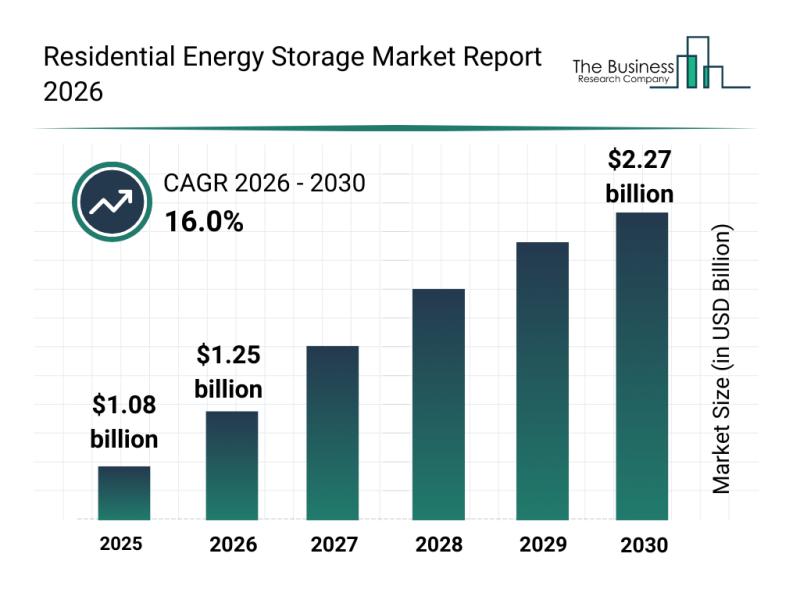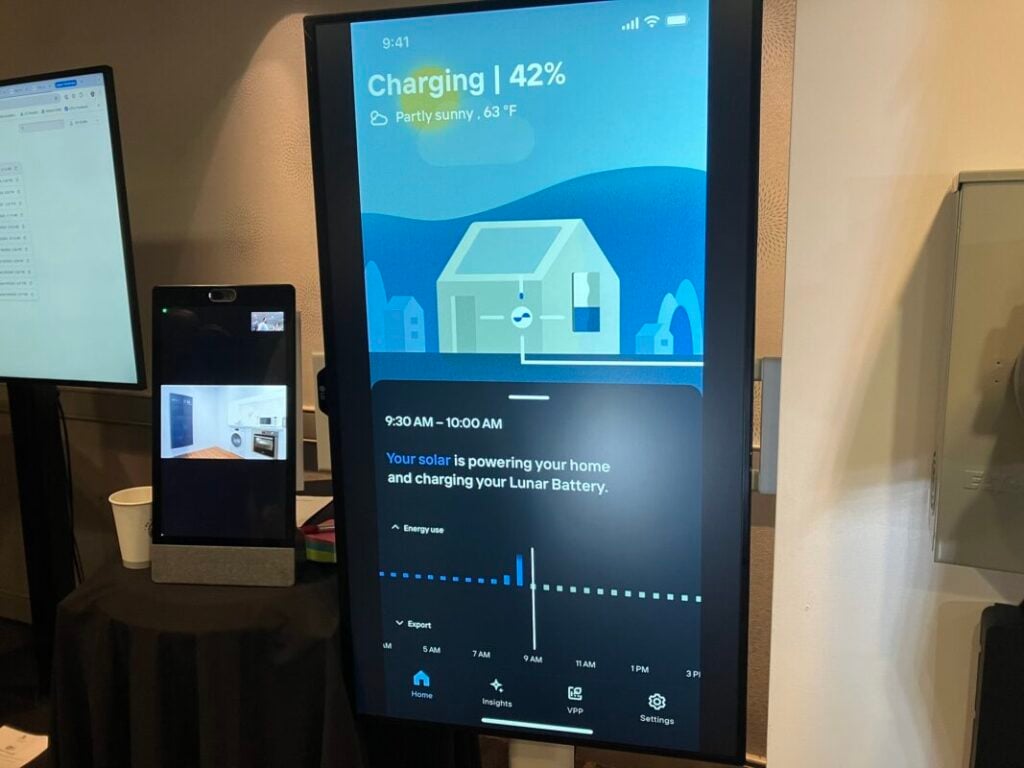Low-voltage batteries are small but mighty power sources that have found their way into numerous applications. From electronic toys to medical devices, these batteries have revolutionized the way we power our gadgets and gizmos. With advancements in technology, low-voltage batteries have become more efficient and longer-lasting than ever before. In this blog post, we'll explore what exactly a low-voltage battery is, its different application scenarios, types of low-voltage batteries available on the market today and their unique characteristics which make them an appealing choice for many consumers!
A low-voltage battery is a type of rechargeable or disposable battery that operates at a voltage lower than 1.5 volts per cell. These batteries are commonly used in portable electronic devices, such as toys, remote controls, and flashlights.Unlike high-voltage batteries which can be dangerous if mishandled or misused, low-voltage batteries are typically safer to use due to their lower energy output. This makes them ideal for applications where safety is a top concern.Low-voltage batteries come in various shapes and sizes, with some being cylindrical while others take on the form of coin cells or rectangular blocks. They also have different chemical compositions that affect their performance characteristics like energy density and discharge rate.Due to their small size and portability, low-voltage batteries have become increasingly popular in recent years as more and more devices require compact power sources. As technology continues to advance, we can expect low-voltage battery technology to evolve alongside it!
Low-voltage batteries are becoming increasingly popular due to their wide range of applications. They can be used in various scenarios where conventional high-voltage batteries may not be the best option.One of the most common application scenarios for low-voltage batteries is in portable electronic devices like smartphones, tablets, and laptops. These devices require compact and efficient energy sources that will provide long-lasting power without adding too much weight or bulkiness.Another scenario where low-voltage batteries come into play is in medical equipment such as pacemakers, insulin pumps, and other implantable devices. Due to their small size and efficiency, these types of batteries are ideal for powering life-saving medical equipment.Low-voltage batteries are also commonly used in electric vehicles (EVs) since they offer better charging time and performance compared to traditional high-voltage battery systems. Additionally, these types of batteries can be found in renewable energy storage systems like solar-powered homes or remote areas with limited access to electricity grids.The application scenarios for low-voltage batteries are vast and varied. From portable electronics to sustainable energy solutions and even life-saving medical technology – there's no limit to what these versatile power sources can do!
There are several types of low-voltage batteries available in the market today, each with their unique features and capabilities. One such type is Lithium-Ion (Li-ion) batteries that operate on a nominal voltage range of 3.6-3.7 V per cell.Another popular option is Nickel-Metal Hydride (NiMH) batteries which have been widely used in portable electronic devices for many years due to their high energy density and long cycle life.Lead-Acid batteries are also common low-voltage battery types, often utilized in automotive applications due to their ability to provide high current output over short periods.There's also the Zinc-Carbon battery, commonly found in remote controls for TVs and other household appliances as they provide stable performance at lower voltages.Alkaline batteries remain a favorite among consumers due to their affordability and availability across various sizes/types while being reliable options for powering small electronics like toys or flashlights.Ultimately, choosing the right type of low-voltage battery depends on the specific application requirements such as power capacity needs or discharge rates.
Low-voltage batteries are commonly used in various electronic devices such as remote controls, toys, and even electric cars. These batteries have unique characteristics that set them apart from other types of batteries.One important characteristic is their small size, which makes them perfect for powering compact devices. Despite their small size, low-voltage batteries can store a significant amount of energy to power these devices for extended periods.Another notable feature of low-voltage batteries is their stable discharge curve. This means that the voltage remains relatively constant throughout the life of the battery until it’s depleted completely. As such, these types of batteries offer reliable and consistent performance compared to high-voltage counterparts.Low-voltage batteries also have a lower risk of overheating or exploding due to their lower energy density. This makes them safer and more suitable for use in consumer electronics applications where safety is paramount.In addition, many low-voltage battery chemistries are environmentally friendly since they don't contain toxic heavy metals like lead-acid or nickel-cadmium cells do. Instead, they often employ newer technologies like lithium-ion or nickel-metal hydride chemistry that provides greater efficiency while being less harmful to the environment.Low-voltage batteries exhibit several unique features that make them ideal for specific application scenarios requiring safe and reliable power sources with long-lasting charge cycles despite its lower capacity than higher voltages alternatives available on market today.
Low-voltage batteries are an essential part of many devices that we use in our day-to-day lives. From mobile phones to electric cars, these batteries play a crucial role as a power source for various applications.In this article, we discussed what low-voltage batteries are and their application scenarios. We also covered the different types of low-voltage batteries available in the market and their characteristics.It is important to note that choosing the right type of low-voltage battery for your device depends on several factors such as capacity, size, weight, and other specifications. Therefore, it is necessary to understand your device's requirements before selecting a battery.Low-voltage batteries have become an indispensable component for powering many modern electronic gadgets and vehicles. With advancements in technology and energy storage capabilities, we can expect even more efficient and powerful low voltage-batteries to emerge in the near future.Welcome to contact us,if you need.


